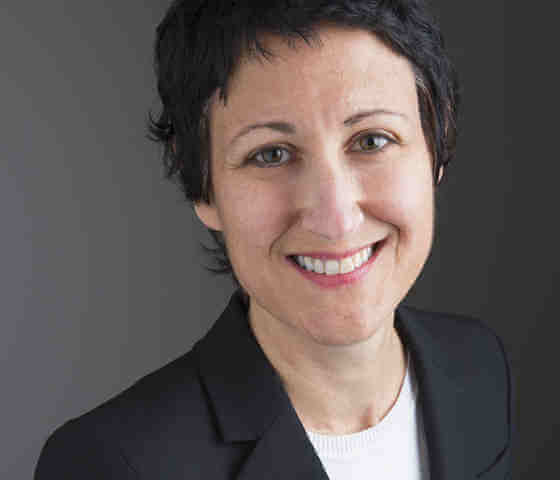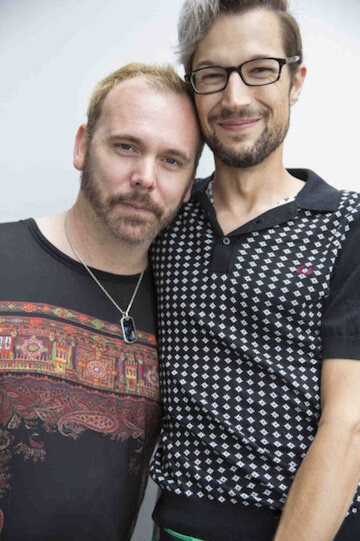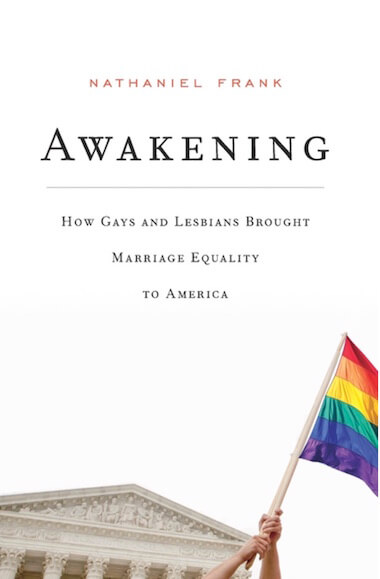The US Supreme Court will review an appellate court ruling that rejected First Amendment claims by the Catholic Social Services (CSS) agency in Philadelphia that lost its foster care services contract with the city by refusing to work with same-sex couples. Last year, a unanimous three-judge panel of the Third Circuit Court of Appeals, in Fulton v. City of Philadelphia, affirmed a ruling by District Judge Petrese B. Tucker rejecting a request by the Catholic agency for a preliminary injunction against the city.
Since the high court will not hear arguments in the current term beyond April 29, this case won’t be argued until its fall term beginning in October.
CSS, an affiliate of the Archdiocese of Philadelphia, had contracted with the city to perform foster care services for more than a century. This case was sparked in March 2018 when the Philadelphia Inquirer reported that two foster care agencies, CSS and Bethany Christian Services, told the newspaper they would not certify same-sex couples to be foster parents. Among 30 agencies under contract with the city, most of them faith-based, all the others stated they did work with same-sex couples.
CSS argued that consistent with Catholic doctrine it would certify only single individuals or married couples to be foster parents and that a same-sex couple would not be recognized as married regardless of the law. Responding to the Inquirer article, the City Council called on the City Commission on Human Relations to investigate the policies of the Philadelphia Department of Human Services on discrimination against LGBTQ foster parents.
City officials tried to negotiate a way around this problem with CSS and Bethany, with Bethany relenting but CSS refusing to budge. So, the city put a freeze on referrals to CSS and later refused to renew its contract.
Enlisting some foster parents as co-plaintiffs, CSS filed a lawsuit, represented by its counsel and attorneys from the Becket Fund for Religious Liberty.
CSS asserts that in a century of working with the city, it has never been approached by a same-sex couple and said it would refer such a couple to another agency.
The CSS lawsuit made several claims, including that the city’s anti-discrimination ordinance, which forbids sexual orientation discrimination, does not apply to it because it is not a “public accommodation.” And the agency claimed that under the Free Exercise Clause of the First Amendment, it has a right to deny services to same-sex couples on religious grounds and that it was being targeted for “selective enforcement” because of its Catholic religious views. Finally, CSS claimed that requiring it to certify same-sex couples as qualified foster parents is government-compelled speech, also prohibited by the First Amendment.
The American Civil Liberties Union represents Support Center for Child Advocates and Philadelphia Family Pride, which were granted intervener status in the case as co-defendants with the city. ACLU attorney Leslie Cooper participated in the hearing before the Third Circuit together with Jane Istvan, the city’s chief deputy solicitor.
Judge Tucker rejected CSS’s demand for preliminary relief, finding the agency was unlikely to win the case and that the city’s strong interest in enforcing its anti-discrimination policy would likely prevail. The Third Circuit panel — which included two judges appointed by President Bill Clinton and one by Ronald Reagan — found that CSS’ First Amendment arguments were without merit, relying heavily on the Supreme Court’s 1990 decision in Employment Division of Oregon v. Smith.
In the Smith case, the Supreme Court dealt with a claim by two men denied unemployment benefits after their employer fired them for flunking a drug test. The employees said that their positive tests resulted from using peyote during a Native American religious ceremony and argued that the government denying them unemployment benefits violated their right to free exercise of religion.
Writing for the Court, Justice Antonin Scalia, a devout Catholic, rejected the employees’ argument in an opinion that marked a radical change in First Amendment law. He held that individuals may not assert a free exercise claim against a “neutral state law of general application.” If a law does not target religion and is applied generally, the state does not have a burden to justify it against an individual’s free exercise of religion claim. Scalia argued that letting people claim exemptions from complying with generally applicable statutes would substantially undermine the rule of law.
Smith has remained a controversial decision, and several Supreme Court justices — interestingly, those largely aligned with Scalia’s conservative thinking — have suggested that the court should reconsider it, something CSS asked it to do. The court’s grant of review includes that question and reconsidering that principle could create a substantial religious exemption particularly harmful to the LGBTQ community in seeking protection against discrimination.
The foster care situation in Philadelphia illustrates this point starkly. Though all the religiously-affiliated foster care agencies there, except for CSS, agreed they would serve same-sex couples, it’s unclear how many would do so if they believed they had a First Amendment right to refuse.
It’s worth noting that the Third Circuit specifically rejected CSS’s argument that its treatment by the city showed “hostility to religion” — clearly an effort to grab the lifeline that saved baker Jack Phillips in the 2018 Masterpiece Cakeshop v. Colorado Civil Rights Commission case. There, the Supreme Court reiterated the general rule from Smith but found that some members of the Commission had made remarks hostile to religion, denying Phillips a “neutral forum” to consider his defense against the discrimination charge.
The Supreme Court already has cases it is considering in this term that could potentially narrow or overrule Smith, so it is a bit odd that it granted review here instead of holding the CSS petition until after ruling in the other matters. On the other hand, CSS alternately argued that the Third Circuit’s decision was a misapplication of Smith, so perhaps the court saw a reason to treat this case differently.
The Third Circuit appeal attracted 16 amicus briefs, largely from organizations arrayed on each side of the religious freedom issue. Eight states joined in an amicus brief filed by the Texas attorney general supporting the CSS claim, while 17 states and the District of Columbia joined in an amicus brief filed by out lesbian Massachusetts Attorney General Maura Healey, siding with the City of Philadelphia. All the major LGBTQ rights legal organizations joined briefs supporting the city.
Meanwhile, in the current term, court-watchers await rulings on three LGBTQ-related anti-discrimination cases under Title VII of the 1964 Civil Rights Act, which were argued in early October.



































